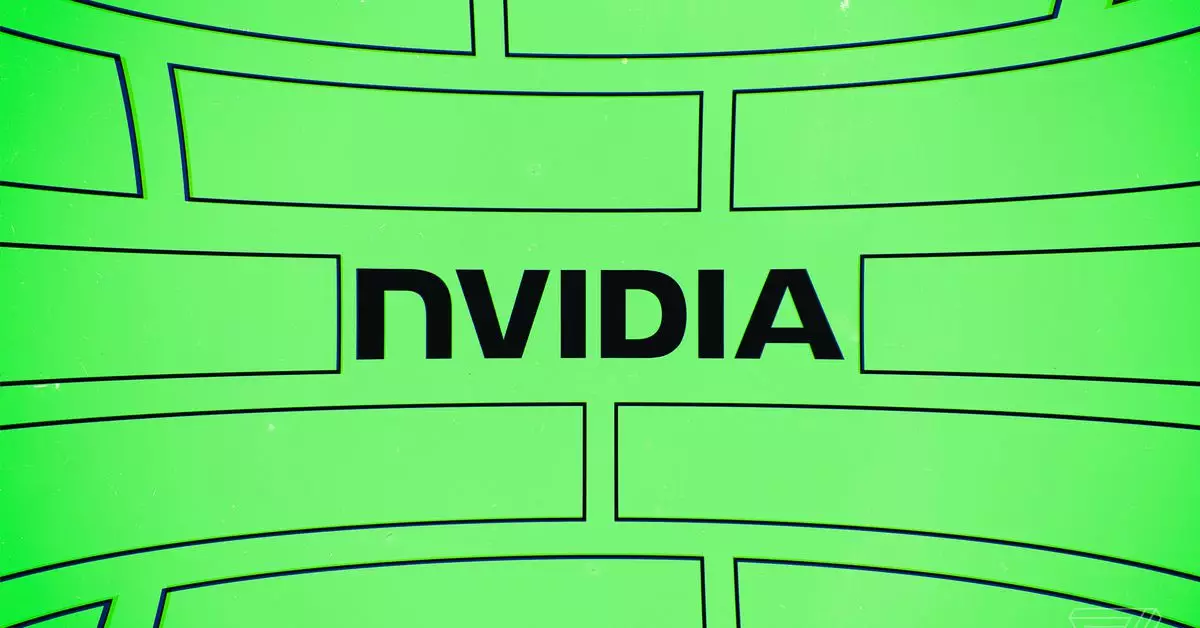Nvidia, a leading technology company, has recently faced a setback in the production of its highly anticipated “Blackwell” B200 AI chips. The delay, as reported by The Information, is said to be caused by a design flaw that was discovered late in the production process. This unexpected issue has led to a delay of at least three months in the production timeline, affecting not only Nvidia but also its partners such as Microsoft and other cloud providers.
The B200 chips were intended to be the successors to the popular and sought-after H100 chips that have been instrumental in powering artificial intelligence applications across various industries. The delay in the production of the B200 chips is significant as it could potentially disrupt the deployment of AI technologies that rely on Nvidia’s hardware. This delay also underscores the challenges faced by tech companies in maintaining production timelines amidst complex and evolving technologies.
Nvidia has stated that it expects production of the B200 chips to ramp up in the second half of the year. However, the company has not provided specific details on when the chips will be available in large quantities. This uncertainty has raised concerns among Nvidia’s partners and customers who are eagerly awaiting the release of the new chips. The delay in production could also impact Nvidia’s position in the market and its ability to compete with other tech firms focusing on AI chip development.
According to reports, major tech companies including Microsoft, Google, and Meta have placed significant orders for the B200 chips, totaling “tens of billions of dollars.” These orders indicate the high demand for AI hardware in the industry and the strategic importance of Nvidia’s chips in driving innovation in artificial intelligence. However, with competitors like AMD also entering the AI chip market, Nvidia’s delay in production could potentially give its rivals an opportunity to gain market share and challenge its dominance.
The delay in the production of Nvidia’s B200 AI chips has raised concerns among industry stakeholders and highlighted the challenges faced by tech companies in developing complex hardware components. The impact of this delay on Nvidia’s market position and competitive edge remains to be seen, but it underscores the importance of effective production planning and risk management in the fast-paced technology industry.


Leave a Reply
You must be logged in to post a comment.